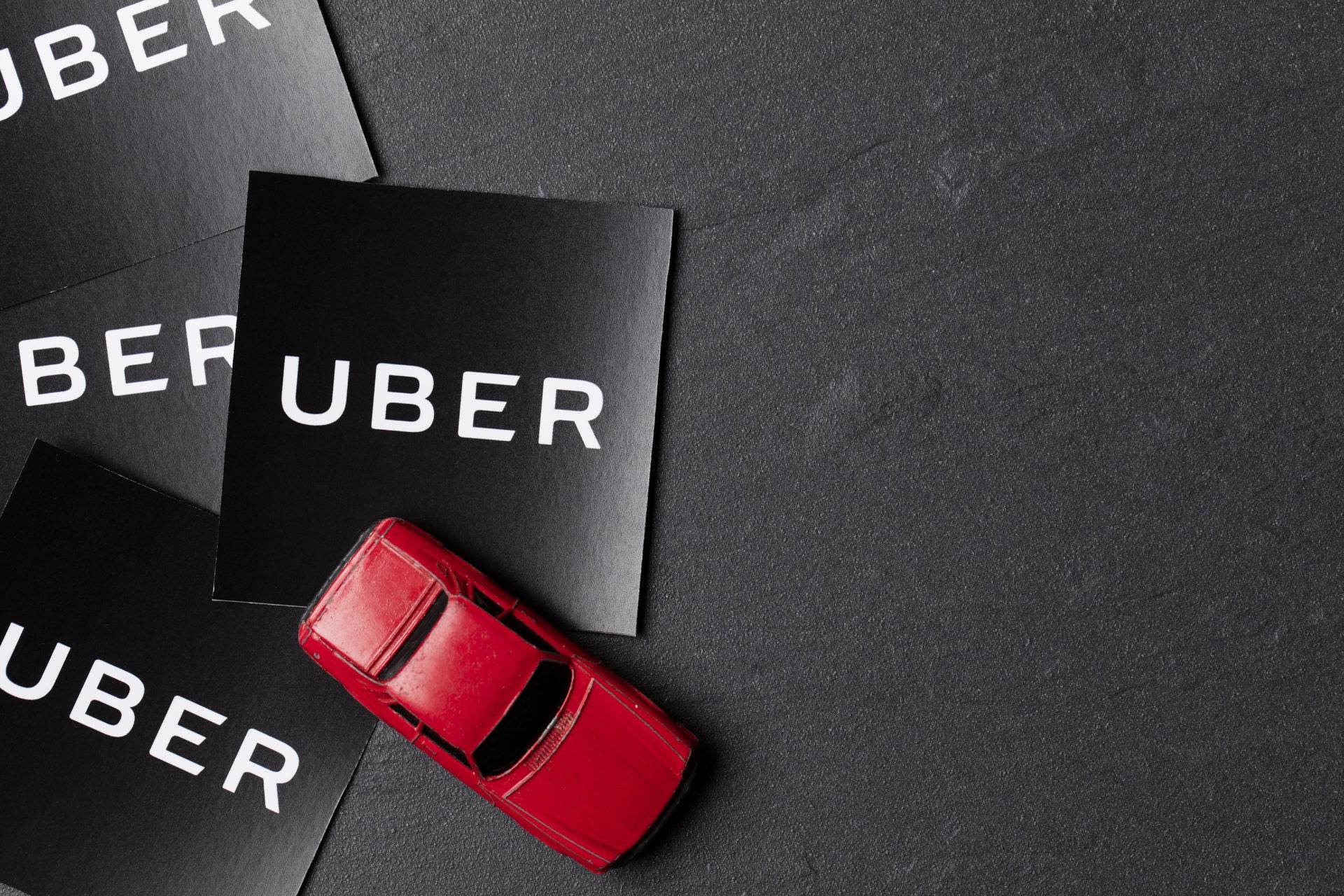
The UK’s Court of Appeal has ruled that Uber drivers are “workers” and therefore entitled to the minimum wage and holiday pay.
The landmark ruling upholds previous decisions made by lower courts and could see tens of thousands of British Uber drivers entitled to a minimum wage of around £18,000 a year.

Access deeper industry intelligence
Experience unmatched clarity with a single platform that combines unique data, AI, and human expertise.
The ride-hailing firm must now decide to accept the decision or take the case before the Supreme Court, its final avenue of appeal.
The Uber appeal rejection follows a 2016 ruling by the Employment Tribunal, which confirmed the firm as a transportation company rather than a platform to connect drivers and customers.
The case was heard by the Court of Appeal in October this year following a two-year legal battle in which lower courts twice ruled against the ride-hailing firm.
Uber argued that it acts as an agent for drivers to links them up with passengers, not as their employer.

US Tariffs are shifting - will you react or anticipate?
Don’t let policy changes catch you off guard. Stay proactive with real-time data and expert analysis.
By GlobalDataIn October hundreds of Uber drivers staged strikes in protest over pay and working conditions.
“Perfect early Christmas present”
Drivers James Farrar and Yaseen Aslam, who brought the case against Uber, argued that they should be classified as workers because of the way Uber controls their working conditions.
The pair has been represented by trade Union GMB and law firm Leigh Day.
Tim Roache, GMB general secretary, described the ruling as the “perfect early Christmas present” for its members.
“We’re now at a hattrick of judgements against Uber, they keep appealing and keep losing,” he said.
“Uber should just accept the verdict and stop trying to find loopholes that deprive people of their hard-won rights and hard-earned pay.”
He added that “employers are on notice that they can’t just run rough shod over working people to put more on the bottom line for shareholders.”
They have also been backed by a legal team from the Independent Workers Union of Great Britain.
BREAKING NEWS: WE WON!!!
Court of Appeal upholds decisions of previous tribunals and rules Uber drivers are workers and not independent contractors.
This is another major win for precarious workers all over the UK.
Congratulations @Yaseenaslam381
& @jamesfarrar ✊#gigeconomy pic.twitter.com/S99xaureNZ— IWGB (@IWGBunion) December 19, 2018
Uber appeal result has wider implications for worker rights
Nigel Mackay, partner in Leigh Day’s employment team, said:
“This is the third time that the drivers have been victorious in their fight for workers’ rights but Uber has yet to give their drivers what three legal decisions have ruled they are entitled to – holiday pay and to be paid at least the National Minimum Wage.
“We hope that Uber now faces up to its responsibilities instead of spending time and money in the courts attempting to deny its drivers these rights.”
If Uber decides not to take the case to the Supreme Court, around 60,000 drivers will become eligible to receive the minimum wage and holiday pay. Trade Union GMB has calculated this could be worth around £18,000 per driver.
There had been concerns that had Uber’s appeal been successful it would have wider implications for the ‘gig economy’, which often leads to a lack of job security for workers.
Speaking ahead of the October hearing, Farrar told The Guardian that “the real danger is that if Uber gets its way with this business model, they will expand it throughout the economy and everybody will be working under these conditions”.
Meanwhile, in separate events, Transport for London announced this morning that private hire vehicles, including Uber, will have to pay the London congestion charge.
Uber previously had its licence to operate in London revoked by Transport for London after being found unfit to operate in the capital. It is currently operating under a 15-month short term licence.







